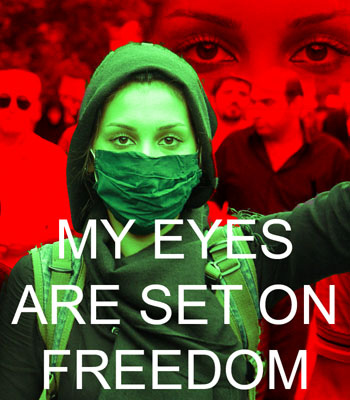UN atomic energy chief prioritizes verification, monitoring in Iran for 2016

IAEA Director General Yukiya Amano delivers his introductory statement to the 1428th Board of Governors Meeting. IAEA, Vienna, Austria, 7 March 2016. Photo: IAEA/Dean Calma
7 March 2016 – Noting that 2016 will be an important year for nuclear security, the head of the United Nations International Atomic Energy Agency (IAEA) today presented the Agency’s plan for the year, which includes verification and monitoring work in Iran among its top priorities.
Addressing the opening of the Agency’s Board of Governors meeting in Vienna, Austria, Director General Yukiya Amano said that the Agency “has found no indication of the diversion of declared material from peaceful nuclear activities in Iran.”
“Iran is now invited to participate in the full range of Agency activities, including technical meetings, conferences, training courses and workshops,” Mr. Amano said.
The decision was made in light of Security Council resolution 2231 (2015), which endorsed what is known as the Joint Comprehensive Plan of Action (JCPOA), between the E3+3.
In July, Iran and a group of six countries – China, France, Germany, Russia, United Kingdom and United States – reached the JCPOA, entrusting the IAEA with verifying and monitoring Iran's commitments. The Agency reports in parallel to the Board and the Security Council.
Fighting Zika and other nuclear applications
Among the nuclear applications in 2016, Mr. Amano highlighted the Agency’s response to the outbreak of the Zika virus in Latin America and the Caribbean.He said the IAEA is providing portable equipment and its training that would allow for quick detection of the virus in the field, similar to nuclear-derived technology made available by the Agency in 2014 to respond to the Ebola virus outbreak in West Africa.
The Agency is also helping countries in those regions which seek to deploy a sterile insect technique against the Aedes mosquito that can transmit the Zika virus and other pathogens, Mr. Amano noted.
“The Agency will facilitate the transfer of a gamma cell irradiator to Brazil to enable the country to scale up production of sterile male mosquitoes for release in pilot areas,” he said in reference to international activities planned and carried out in close coordination with the World Health Organization (WHO) and the Pan-American Health Organization (PAHO).
Renovation of IAEA nuclear application laboratories
The Board was told that IAEA nuclear application laboratories near Vienna, in Seibersdorf, play a vital role in research and in transferring technology such as the sterile insect technique to Member States, but are in urgent need of modernization.“Without full renovation of the laboratories, our capacity to respond to Member States’ request for assistance, on Zika and in other areas, will be significantly limited,” said Mr. Amano.
The Director General appealed to all Member States to contribute to the renovation of the laboratories, which are in need of some 6.5 million Euros, and for the construction of additional facilities.
Fifth Anniversary of Fukushima incident
The address today comes just days ahead of the anniversary of the tsunami that occurred on 11 March 2011 and disabled the Fukushima Daiichi reactors, causing a nuclear accident.Tens of thousands of people who had been evacuated from their homes have still not been able to return, Mr. Amano said.
“There is widespread recognition that everything humanly possible must be done to ensure that no such accident ever happens again,” he noted.
He invited countries to attend the IAEA International Conference on
Nuclear Security in December. The conference “will be a very important
event which will help to set the agenda for our work in the next few
years, underlining the Agency’s role as the global platform for
improving nuclear security.”
Copyright mediaforfreedom.com



